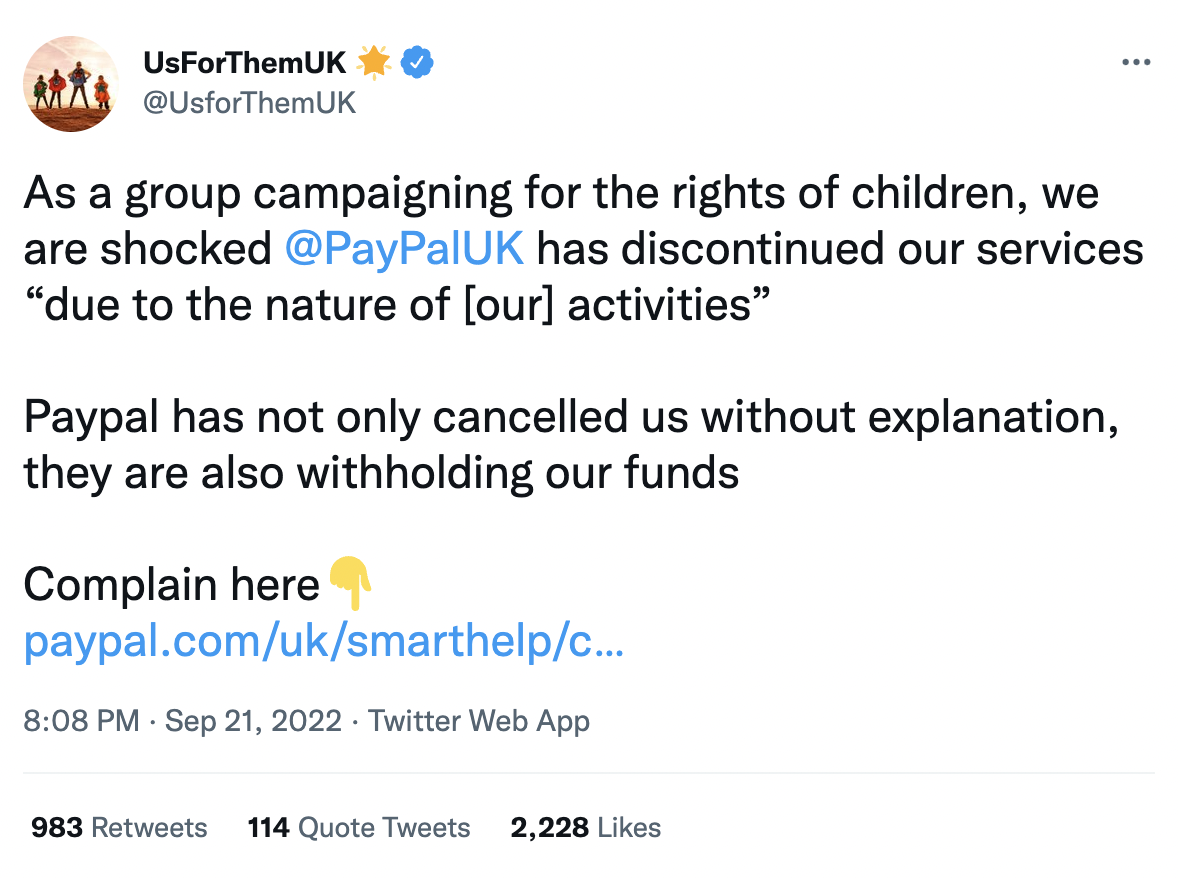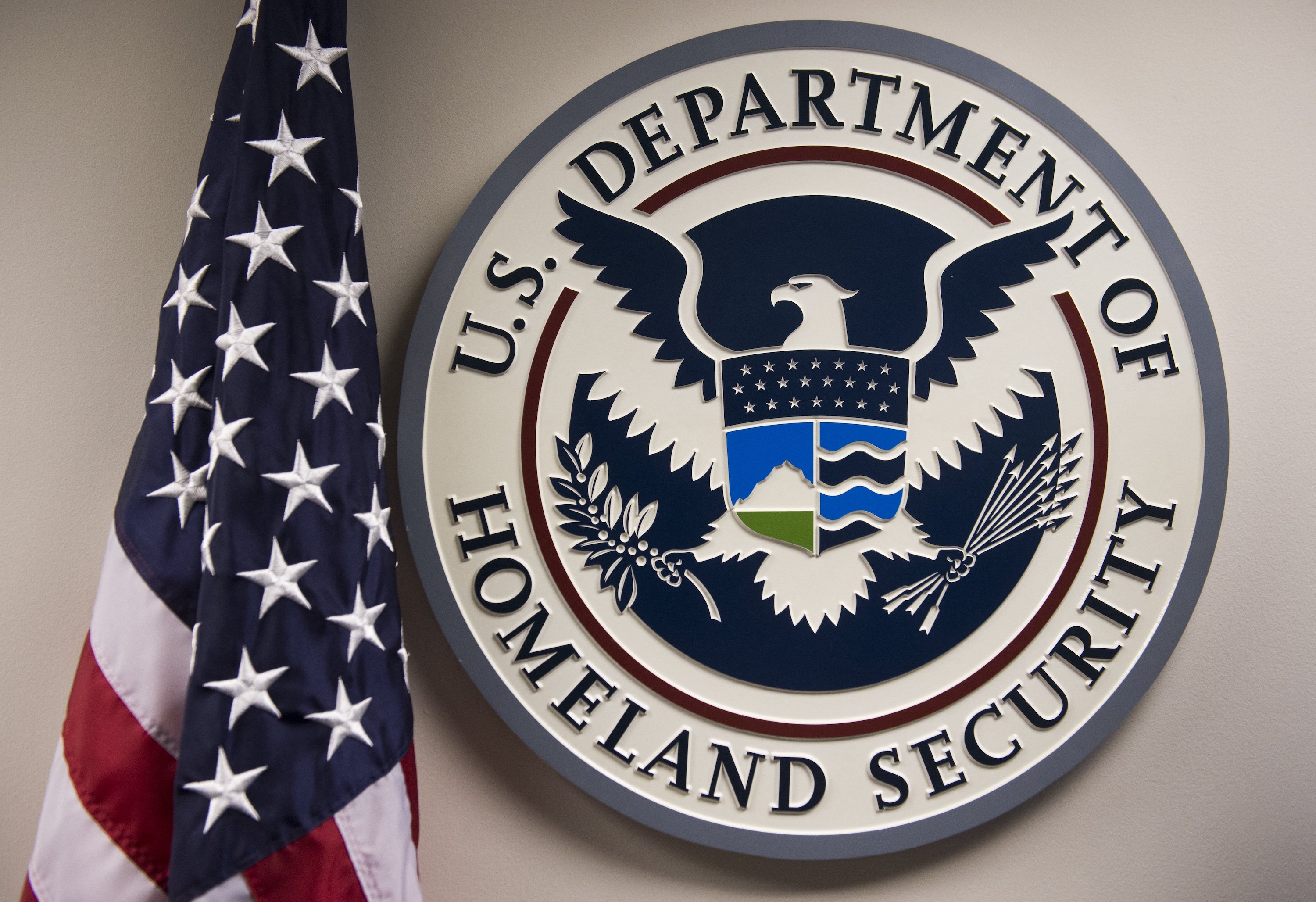Erecting a Wall of Separation Between Tech and State
Interesting article. Didn't expect to find it in Newsweek. ;-)
The Intercept recently performed a public service by documenting the Biden administration's plans to censor speech on internet platforms. Despite having shelved its proposal earlier this year to create a "Disinformation Governance Board," Joe Biden's Department of Homeland Security is still quietly attempting to persuade Big Tech platforms to suppress content it deems to be disinformation. Among the topics for censorship the department identifies are "the origins of the COVID-19 pandemic and the efficacy of COVID-19 vaccines, racial justice, U.S. withdrawal from Afghanistan, and the nature of U.S. support to Ukraine." All of these, of course, are vitally important subjects of public debate.
One of the most important tasks for the incoming Congress will be to prevent such soft governmental censorship by erecting a firm wall of separation between tech and state.
Collusion between the intelligence agencies and Big Tech to suppress political speech began under the Trump administration but has risen to new heights under Biden. Last March, FBI official Laura Dehmlow told social media executives "we need a media infrastructure that is held accountable." (Before the 2020 election, Dehmlow had used her FBI position to push Facebook to suppress the Hunter Biden laptop story.) And much of Big Tech agrees with the mission the government is assigning it. "Platforms have got to get comfortable with gov't," one Microsoft executive opined. There is even a formalized process for government officials to flag Facebook or Instagram content for removal through a special portal available only to them.
Such interventions by the intelligence community can alter the outcomes of elections. Not long before the New York Post ran its October 2020 story about Hunter Biden's laptop, the FBI approached Mark Zuckerberg, founder and CEO of Facebook, warning him to be on "high alert" for a forthcoming "dump" of "Russian propaganda." Zuckerberg himself has admitted that the decreased distribution of the laptop story affected the election's result in a "meaningful" way.
The administration and the intelligence apparatus appeal to the alleged danger of domestic "extremism" to defend their collusion with social media platforms. But the censorship is aimed primarily at Biden's political opponents on the Right. Fortunately, Republicans in Congress are aware that they and their voters are in the cross-hairs of the surveillance state. Representative James Comer (R-Ky.) has introduced a bill "to prohibit Federal employees from advocating for censorship of viewpoints in their official capacity." Senator Rand Paul (R-Ky.) has promised to introduce a similar bill.
It is well established that the government may not constitutionally suppress speech on the basis of its content or the speaker's viewpoint. Does collusion with Big Tech platforms violate those principles?
Probably not. The Supreme Court has affirmed that a "private entity is not ordinarily constrained by the First Amendment." The censorship here is done willingly, by private companies whose ideological views align with the Biden administration's.
There are some nuances in the doctrine. As Justice Clarence Thomas has noted, even a private platform may be subject to First Amendment constraints "if the government coerces or induces it to take action the government itself would not be permitted to do, such as censor expression of a lawful viewpoint.... The government cannot accomplish through threats of adverse government action what the Constitution prohibits it from doing directly."
The problem is, the platforms may not need any "inducements" to suppress content that the government disfavors. A legislative approach would therefore be more effective in solving the problem of federal "truth cops." Legislation could address either the platforms themselves or (as the Comer bill envisages) the federal agencies...
Read the full article at the link below.
Promo Code “PARALLEL” = 1 Free Month Subscription
LINK:
https://www.newsweek.com/erecting-wall-separation-between-tech-state-opinion-1757891


















